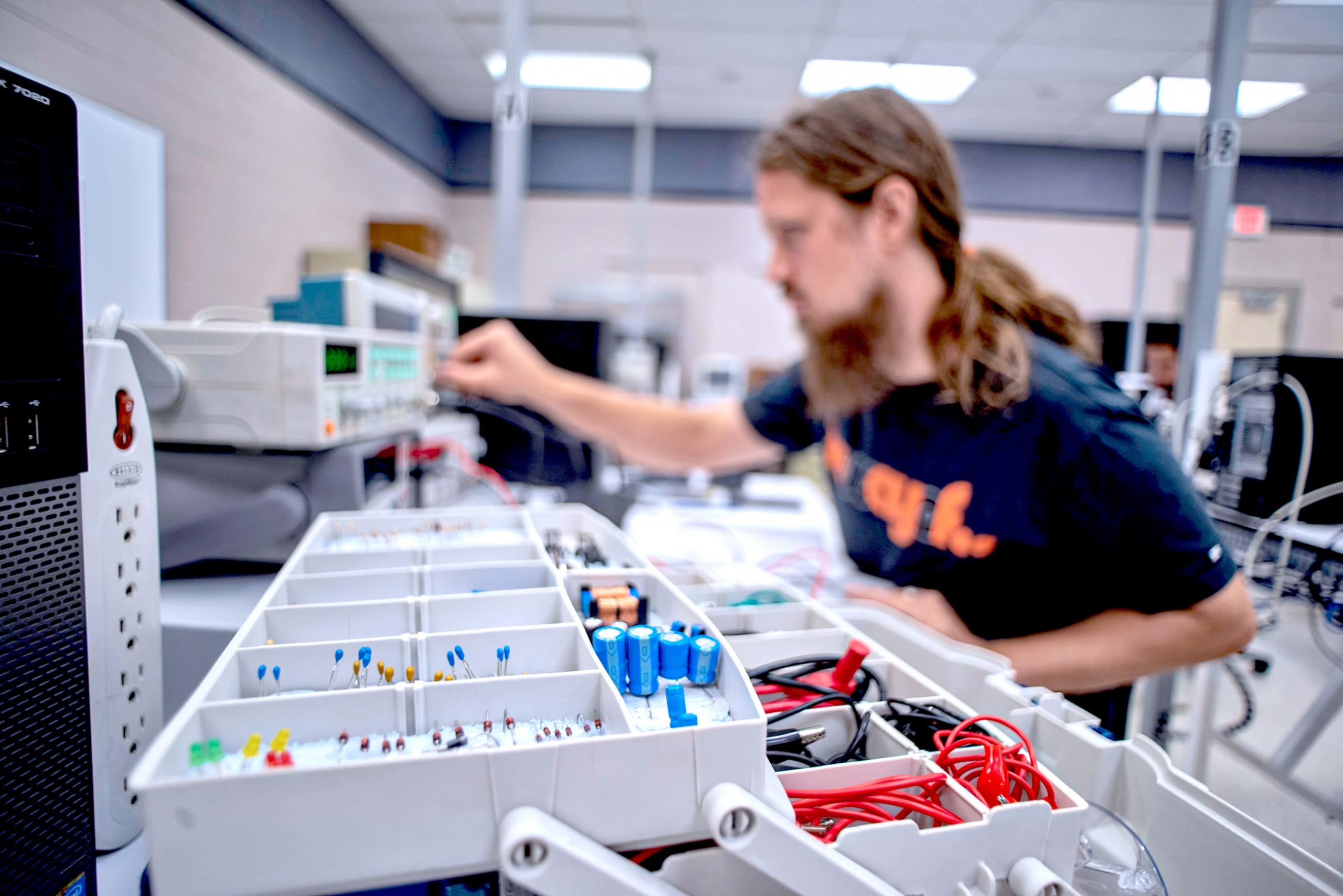In the modern era, electronics has become an integral part of our lives, revolutionizing various industries and transforming the way we live, work, and communicate. From the smallest microchips to the most advanced artificial intelligence systems, electronics has permeated every aspect of our society. In this blog post, we will explore the reasons why electronics is important and how it has shaped our world.
- Advancements in Communication:
Electronics has revolutionized communication, enabling us to connect with people across the globe in real-time. From smartphones to the internet, electronic devices have made communication faster, more efficient, and more accessible. The ability to share information instantaneously has transformed businesses, education, healthcare, and personal relationships. - Technological Innovation:
Electronics is the driving force behind technological innovation. It has paved the way for groundbreaking inventions such as electric vehicles, renewable energy systems, and smart homes. These advancements have not only improved our quality of life but also contributed to a more sustainable future. Electronics has played a crucial role in reducing our dependence on fossil fuels and mitigating the impact of climate change. - Economic Growth:
The electronics industry has emerged as a major contributor to global economic growth. It has created countless job opportunities, stimulated innovation, and fueled economic development. From manufacturing and research to sales and services, the electronics sector has a far-reaching impact on various industries, including healthcare, aerospace, automotive, and entertainment. The continuous evolution of electronics drives economic progress and competitiveness on a global scale. - Enhancing Efficiency and Productivity:
Electronics has significantly enhanced efficiency and productivity across industries. Automation, robotics, and artificial intelligence have revolutionized manufacturing processes, making them faster, more accurate, and cost-effective. In sectors like healthcare, electronics has enabled the development of advanced medical devices, diagnostic tools, and telemedicine, improving patient care and outcomes. - Enabling Connectivity and IoT:
The Internet of Things (IoT) has become a reality due to electronics. It has connected devices, sensors, and systems, enabling seamless communication and data exchange. IoT has transformed industries such as agriculture, transportation, and logistics, optimizing operations, reducing costs, and improving safety. Electronics has made it possible to monitor and control various aspects of our lives, from smart homes to wearable devices, creating a more connected and convenient world.
Conclusion:
Electronics plays a pivotal role in our society, driving innovation, economic growth, and connectivity. From communication to technological advancements, its impact is undeniable. As we move forward, electronics will continue to shape our world, enabling new possibilities and improving our lives in ways we cannot yet imagine. Embracing and understanding the importance of electronics is crucial for individuals, businesses, and governments to thrive in the digital age.


